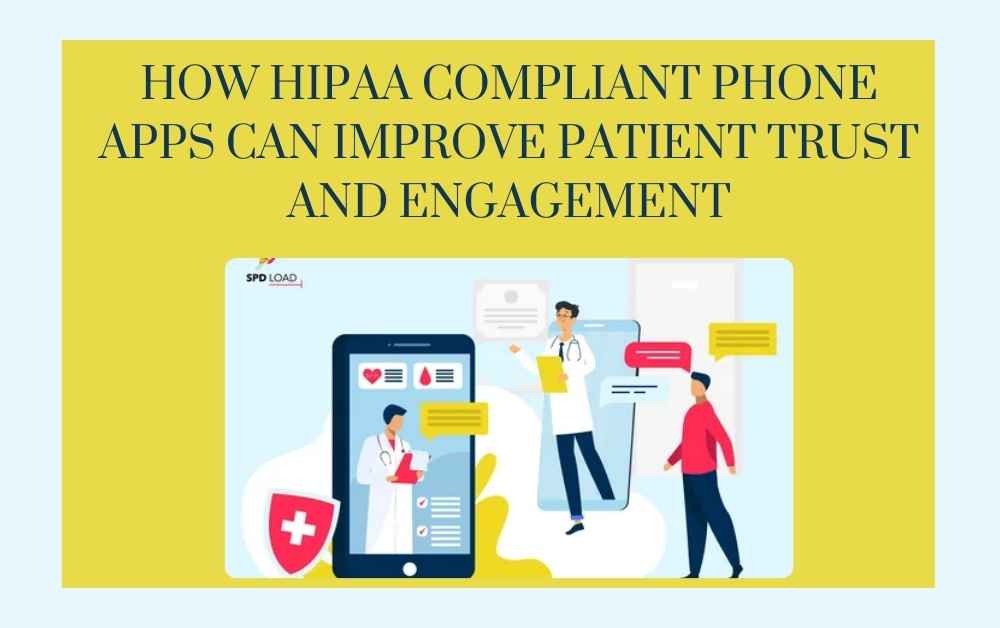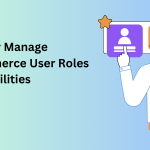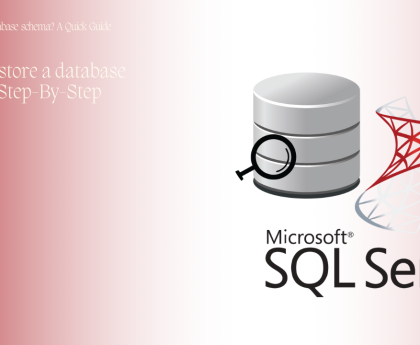Technology plays a significant role in how healthcare providers communicate with patients. One of the most critical aspects of this communication is ensuring that it remains private and secure. This is where HIPAA compliant phone apps come into play. These apps are designed to protect patient information while improving communication and engagement. In this blog, we’ll explore how HIPAA compliant phone apps can enhance patient trust and engagement, making healthcare experiences better for everyone.
Understanding HIPAA Compliance
What is HIPAA?
HIPAA stands for the Health Insurance Portability and Accountability Act. It is a US law enacted in 1996 that sets standards for protecting sensitive patient information. HIPAA ensures that medical records and other personal health information are kept confidential and secure. Healthcare providers, insurance companies, and other entities that handle patient data must comply with HIPAA regulations to protect this information from unauthorized access and breaches.
Note :- Ready to enhance patient trust and engagement in your practice? Discover the benefits of a HIPAA compliant phone app today and take the first step towards secure and effective patient communication. Click here to explore our top recommendations and find the perfect solution for your healthcare needs!
What Makes a Phone App HIPAA Compliant?
A phone app is considered HIPAA compliant if it meets specific criteria set forth by HIPAA regulations. These criteria include:
- Encryption: The app must encrypt all data during transmission and storage to prevent unauthorized access.
- Authentication: The app should require secure login methods, such as multi-factor authentication, to ensure that only authorized users can access the data.
- Audit Controls: The app must have mechanisms to track and log access to patient data, providing a record of who accessed what information and when.
- Data Backup: The app should have a reliable data backup system to prevent data loss in case of technical issues or disasters.
- Access Control: The app must limit access to patient data based on user roles and responsibilities, ensuring that only those who need to see the information can do so.
The Importance of Patient Trust in Healthcare
Why is Patient Trust Important?
Patient trust is a cornerstone of effective healthcare. When patients trust their healthcare providers, they are more likely to:
- Share Honest Information: Trusting patients are more open and honest about their health conditions, allowing providers to make better diagnoses and treatment plans.
- Follow Medical Advice: Patients who trust their doctors are more likely to follow medical advice and adhere to treatment plans, leading to better health outcomes.
- Engage in Preventive Care: Trusting patients are more likely to participate in preventive care measures, such as regular check-ups and screenings, which can prevent serious health issues.
How Trust Impacts Patient Engagement
Patient engagement refers to the involvement of patients in their own healthcare. When patients are engaged, they take an active role in managing their health and wellness. Trust is a crucial factor in fostering this engagement. Engaged patients are more likely to:
- Use Health Apps: Patients who trust their healthcare providers and the technology they use are more likely to adopt and use health apps for managing appointments, medications, and health records.
- Communicate Regularly: Trusting patients are more likely to communicate regularly with their healthcare providers, asking questions and seeking advice as needed.
- Stay Informed: Engaged patients stay informed about their health conditions and treatment options, enabling them to make better decisions about their care.
How HIPAA Compliant Phone Apps Build Patient Trust
Ensuring Data Security
One of the primary ways HIPAA compliant phone apps build patient trust is by ensuring data security. Patients want to know that their personal health information is safe and secure. HIPAA compliant apps use advanced encryption methods to protect data during transmission and storage, preventing unauthorized access and breaches. When patients know that their information is secure, they are more likely to trust the app and the healthcare provider using it.
Enhancing Communication
Effective communication is vital for building trust between patients and healthcare providers. HIPAA compliant phone apps facilitate secure communication channels, allowing patients to easily contact their doctors, ask questions, and receive timely responses. This open line of communication helps patients feel heard and supported, fostering a sense of trust and reliability.
Providing Access to Health Information
Patients who have easy access to their health information are more likely to feel in control of their healthcare. HIPAA compliant phone apps allow patients to securely view their medical records, test results, and treatment plans from their mobile devices. This transparency empowers patients and builds trust by ensuring they are informed and involved in their care.
Supporting Remote Care
The COVID-19 pandemic has highlighted the importance of remote care options. HIPAA compliant phone apps enable secure telehealth consultations, allowing patients to receive medical advice and treatment from the comfort of their homes. This convenience and accessibility enhance patient trust by demonstrating that healthcare providers are committed to meeting their needs, even remotely.
How HIPAA Compliant Phone Apps Enhance Patient Engagement
Facilitating Appointment Management
Managing appointments can be a hassle for patients. HIPAA compliant phone apps streamline this process by allowing patients to schedule, reschedule, and cancel appointments directly from their mobile devices. The ease of managing appointments encourages patients to stay engaged with their healthcare and reduces the likelihood of missed appointments.
Offering Medication Reminders
Adherence to medication schedules is crucial for effective treatment, but patients often forget to take their medications on time. HIPAA compliant phone apps can send medication reminders, helping patients stay on track with their prescriptions. This feature enhances patient engagement by supporting adherence to treatment plans and improving health outcomes.
Enabling Health Tracking
Many HIPAA compliant phone apps offer health tracking features, such as monitoring vital signs, recording symptoms, and tracking fitness activities. These tools allow patients to actively participate in their healthcare by monitoring their progress and sharing important information with their healthcare providers. This active involvement fosters a sense of responsibility and engagement in managing their health.
Providing Educational Resources
Knowledge is power when it comes to healthcare. HIPAA compliant phone apps often include educational resources, such as articles, videos, and interactive tools, to help patients learn more about their health conditions and treatments. Access to reliable information empowers patients to make informed decisions about their care and stay engaged in their healthcare journey.
Examples of HIPAA Compliant Phone Apps
Doxy.me
Doxy.me is a HIPAA compliant telemedicine app that allows healthcare providers to conduct secure video consultations with patients. The app uses encryption to protect patient data and offers features like virtual waiting rooms and screen sharing to enhance the telehealth experience. Doxy.me‘s commitment to security and convenience builds patient trust and engagement.
Spruce Health
Spruce Health is a HIPAA compliant communication app that offers secure messaging, video calls, and appointment scheduling. The app allows patients to communicate with their healthcare providers in a secure and convenient manner, enhancing trust and engagement. Spruce Health also integrates with electronic health records (EHR) systems, providing patients with easy access to their health information.
MyChart
MyChart is a HIPAA compliant patient portal app that gives patients access to their medical records, test results, and treatment plans. The app allows patients to schedule appointments, request prescription refills, and communicate with their healthcare providers securely. MyChart’s comprehensive features empower patients to take an active role in their healthcare, fostering trust and engagement.
Overcoming Challenges with HIPAA Compliant Phone Apps
Addressing Privacy Concerns
Despite the benefits of HIPAA compliant phone apps, some patients may still have concerns about privacy and data security. Healthcare providers can address these concerns by educating patients about the security measures in place and the importance of using HIPAA compliant apps. Providing clear information about how patient data is protected can help alleviate fears and build trust.
Ensuring User-Friendly Design
For patients to fully engage with HIPAA compliant phone apps, the apps must be user-friendly and intuitive. Complex or confusing interfaces can discourage patients from using the app. Developers should prioritize creating apps that are easy to navigate, with clear instructions and accessible features. User-friendly design enhances patient satisfaction and engagement.
Encouraging Adoption
Encouraging patients to adopt HIPAA compliant phone apps can be challenging, especially for those who are not tech-savvy. Healthcare providers can promote adoption by offering training and support to help patients understand how to use the apps effectively. Providing assistance and addressing any technical issues promptly can boost patient confidence and encourage engagement.
The Future of HIPAA Compliant Phone Apps in Healthcare
Advancements in Technology
As technology continues to evolve, HIPAA compliant phone apps will become even more sophisticated, offering advanced features and improved security measures. Artificial intelligence (AI), machine learning, and blockchain technology are just a few innovations that could enhance the functionality and security of these apps, further building patient trust and engagement.
Expanding Access to Care
HIPAA compliant phone apps have the potential to expand access to care, especially for underserved populations and those in remote areas. By providing secure and convenient communication channels, these apps can help bridge the gap between patients and healthcare providers, ensuring that everyone has access to quality healthcare services.
Integrating with Wearable Devices
Wearable devices, such as fitness trackers and smartwatches, are becoming increasingly popular for monitoring health and wellness. Integrating HIPAA compliant phone apps with wearable devices can provide patients and healthcare providers with real-time data, enabling more personalized and proactive care. This integration can enhance patient engagement by making health management more interactive and responsive.
Conclusion
HIPAA compliant phone apps are revolutionizing the way healthcare providers communicate with patients. By ensuring data security, enhancing communication, and providing easy access to health information, these apps build patient trust and engagement. As technology continues to advance, the potential for HIPAA compliant phone apps to improve patient experiences and outcomes will only grow. Embracing these tools can help healthcare providers create a more connected, informed, and engaged patient community, ultimately leading to better health outcomes for all.
Note :- For more stories and info like this, www.whoisblogworld.com is the place to be.





